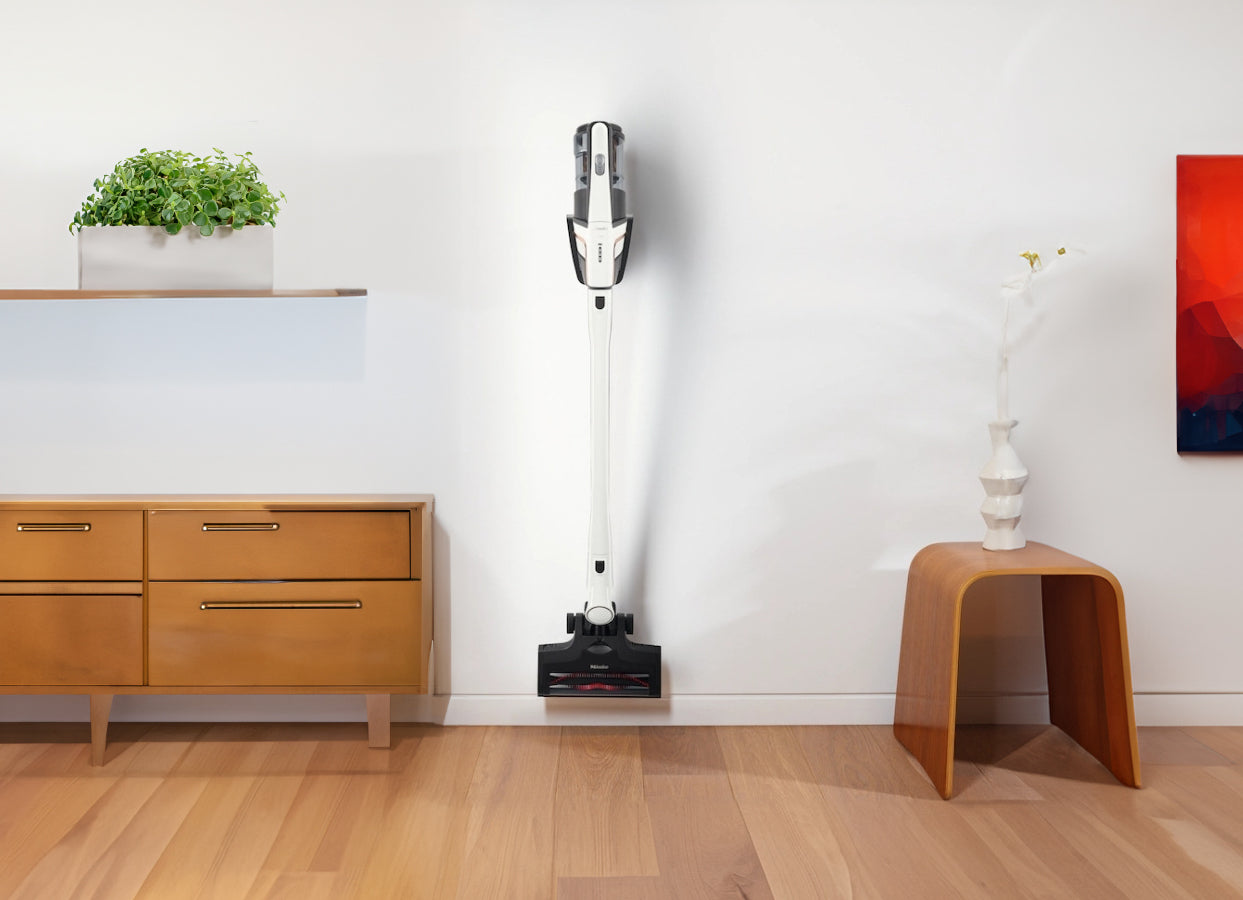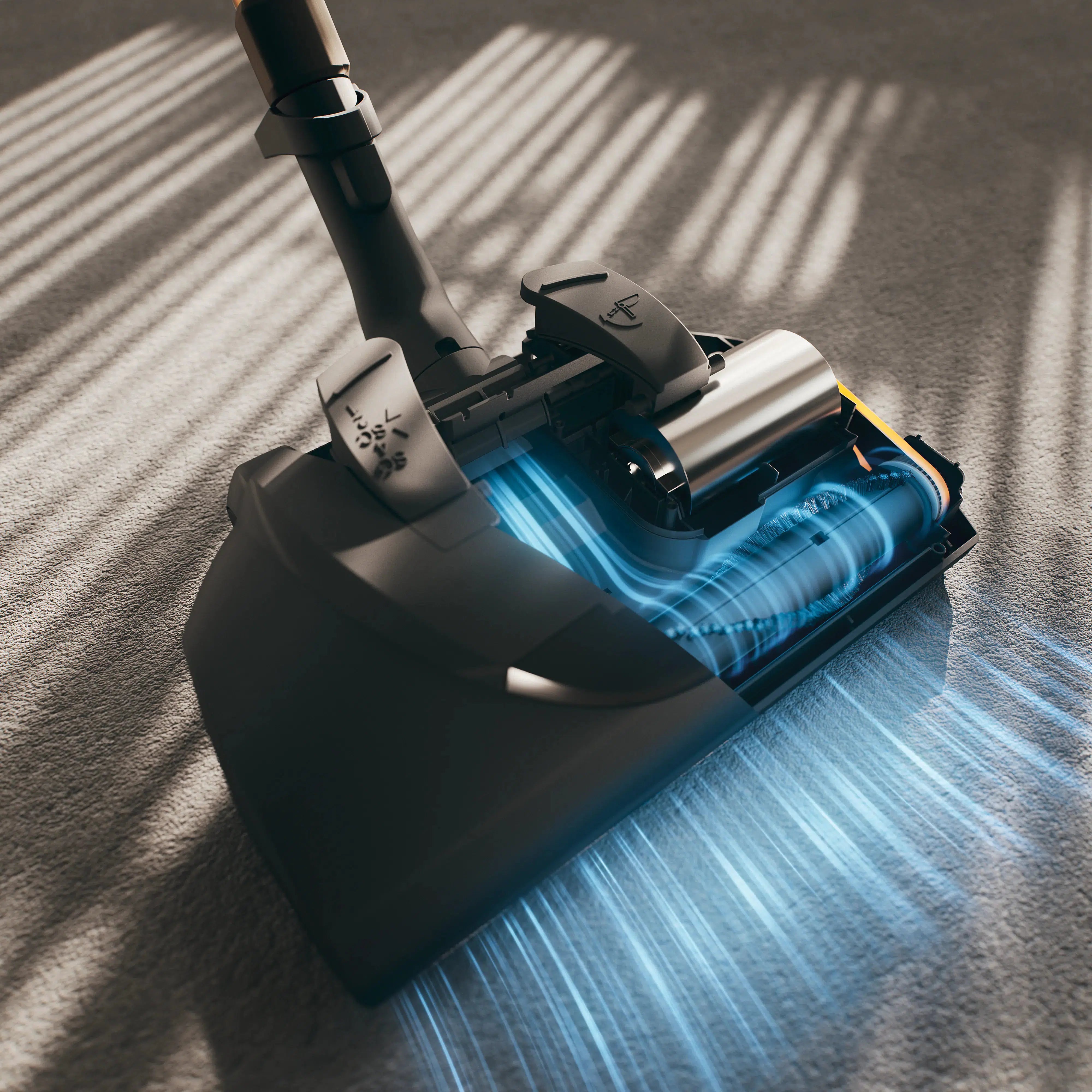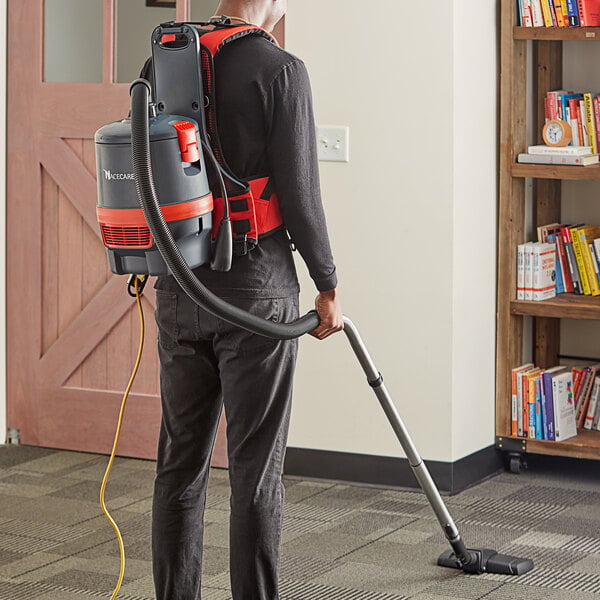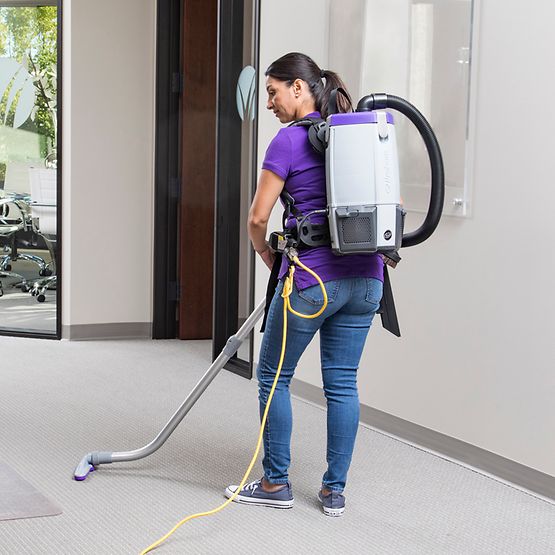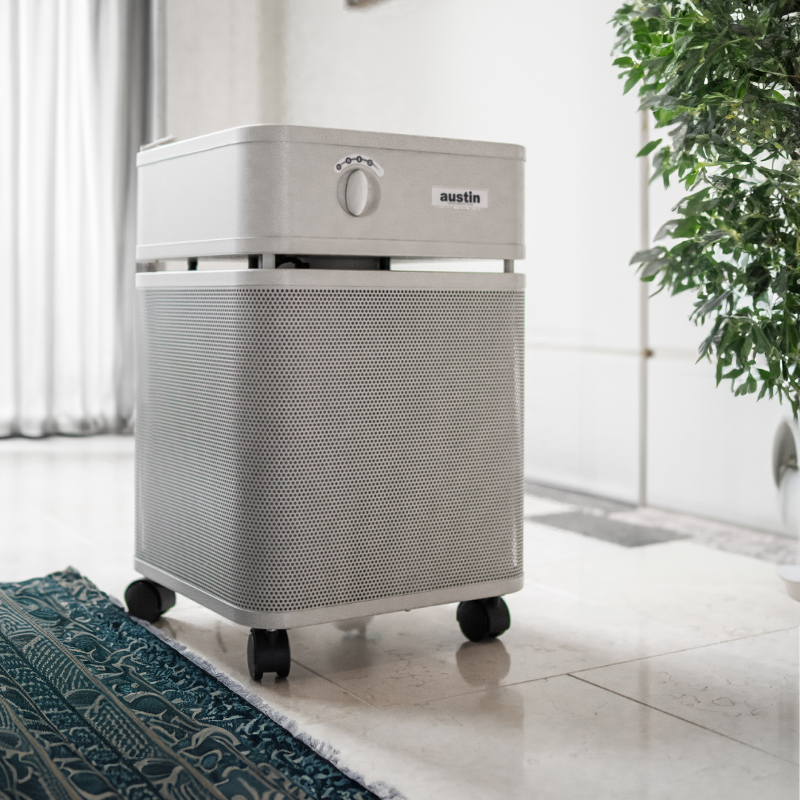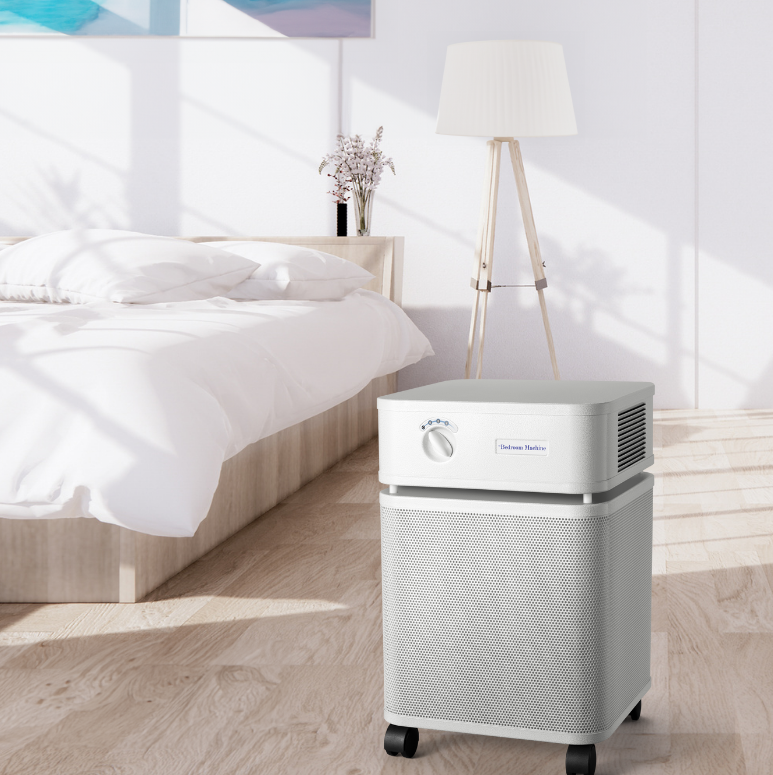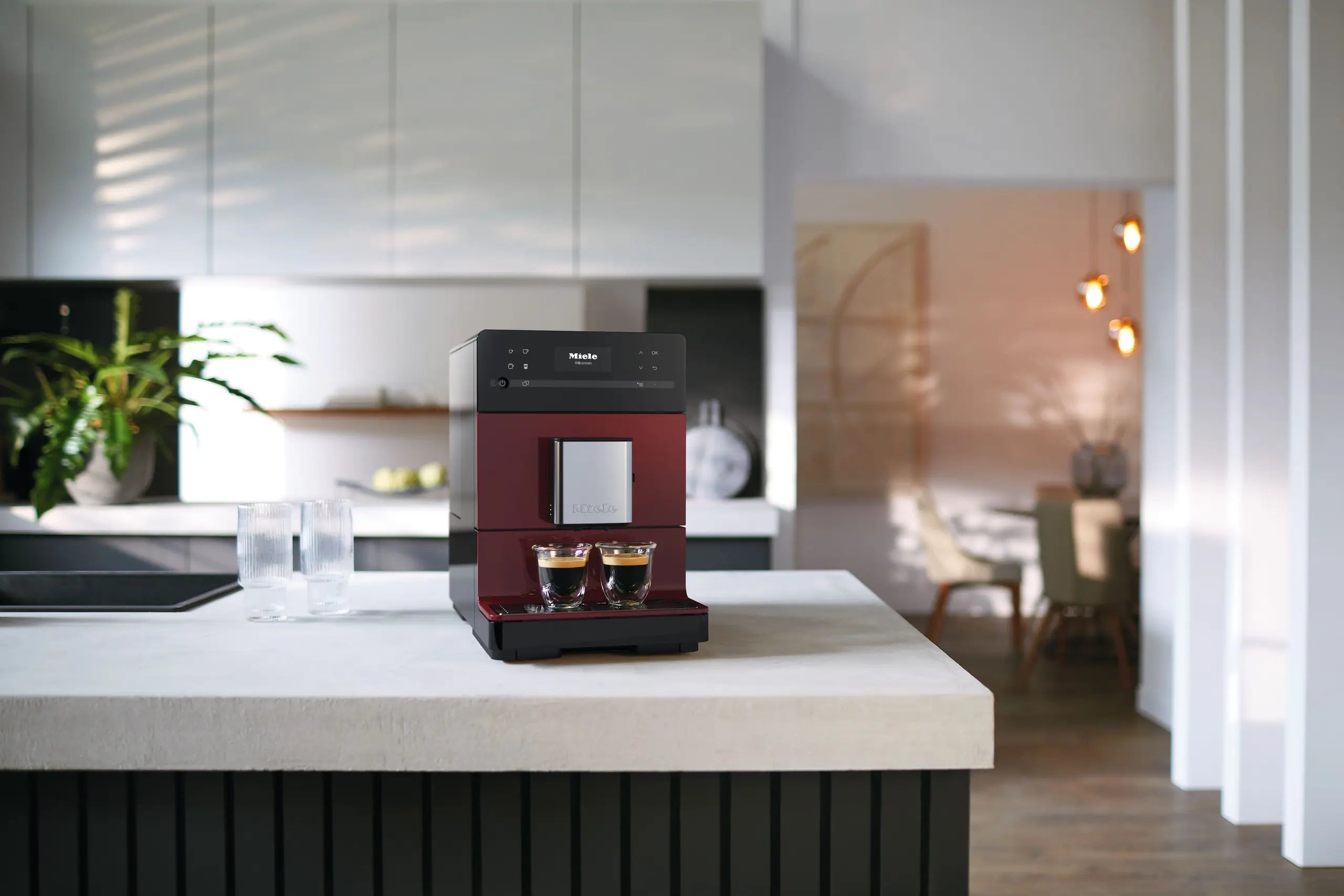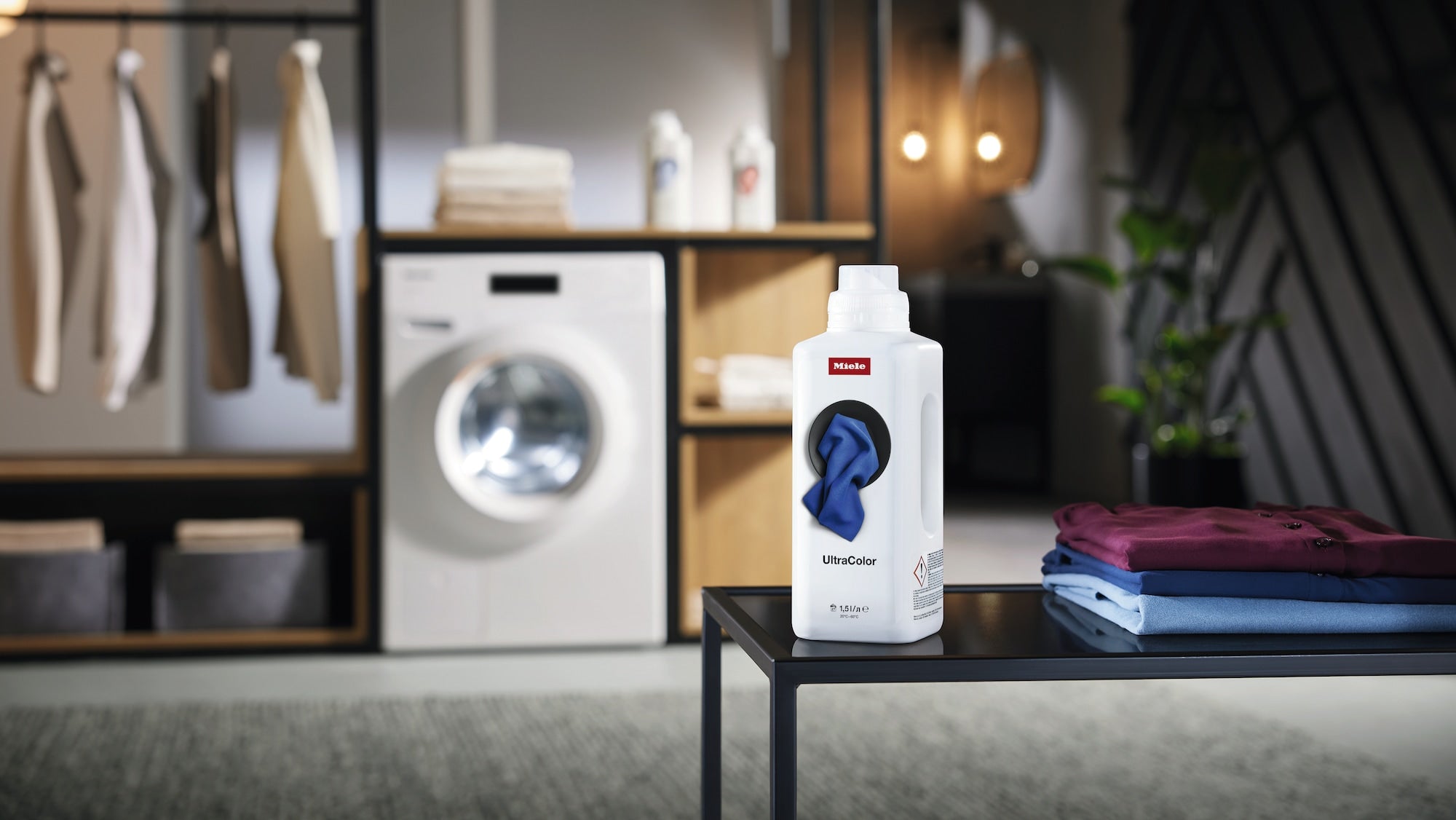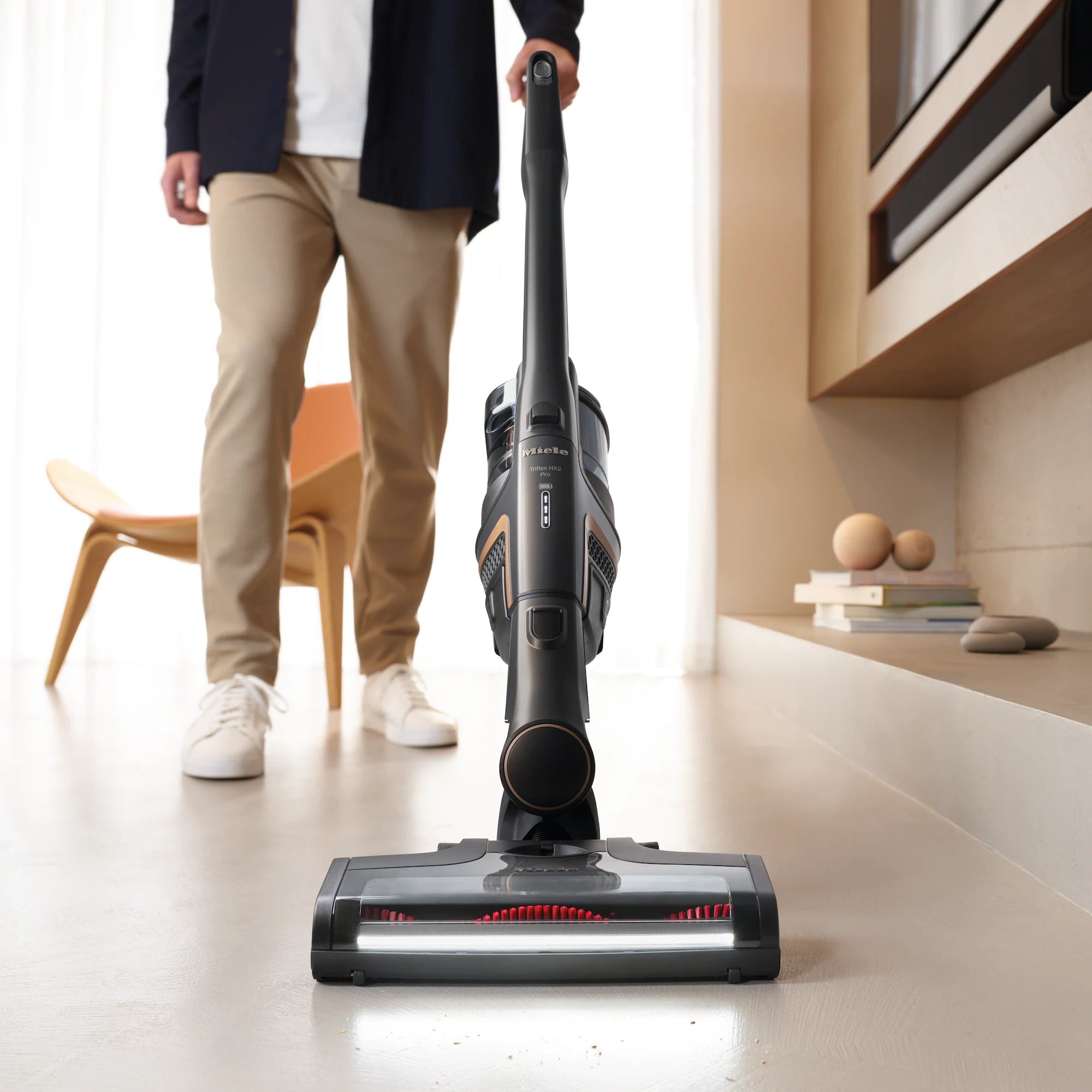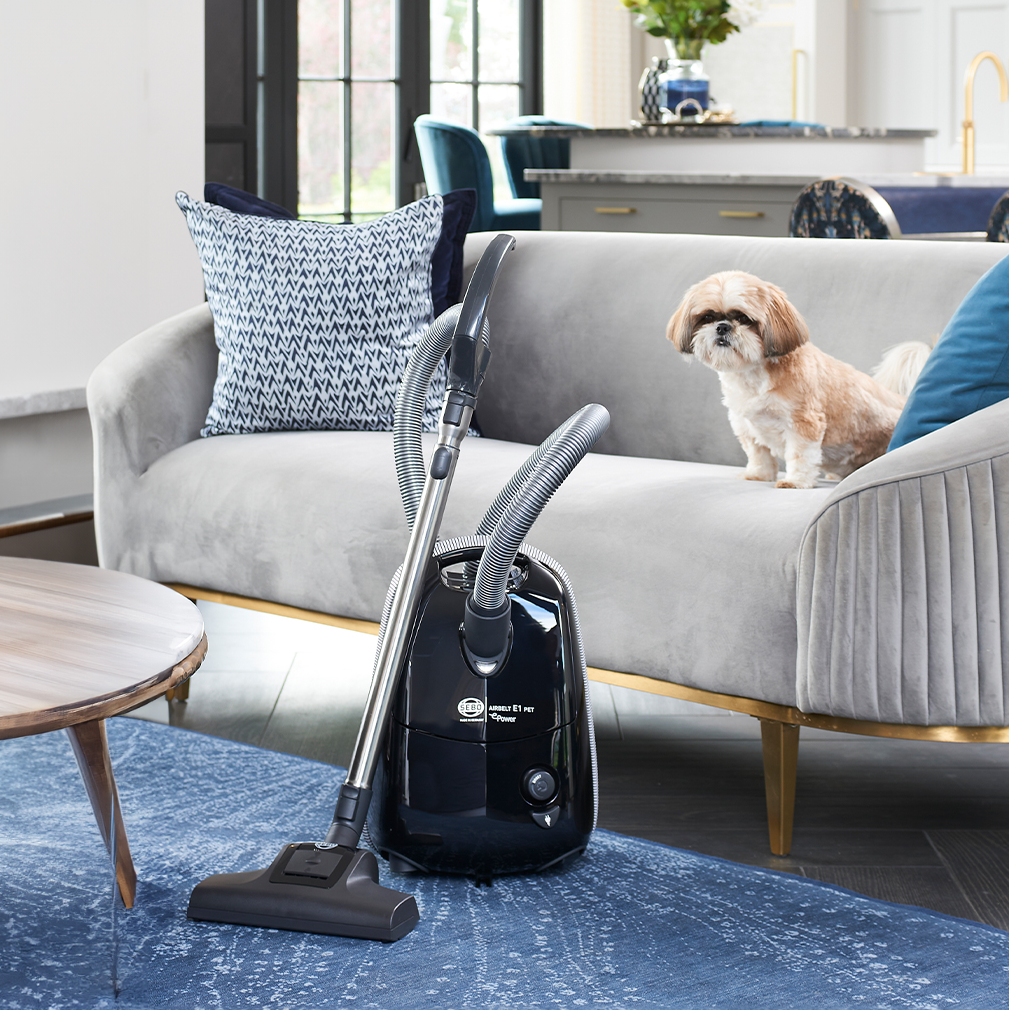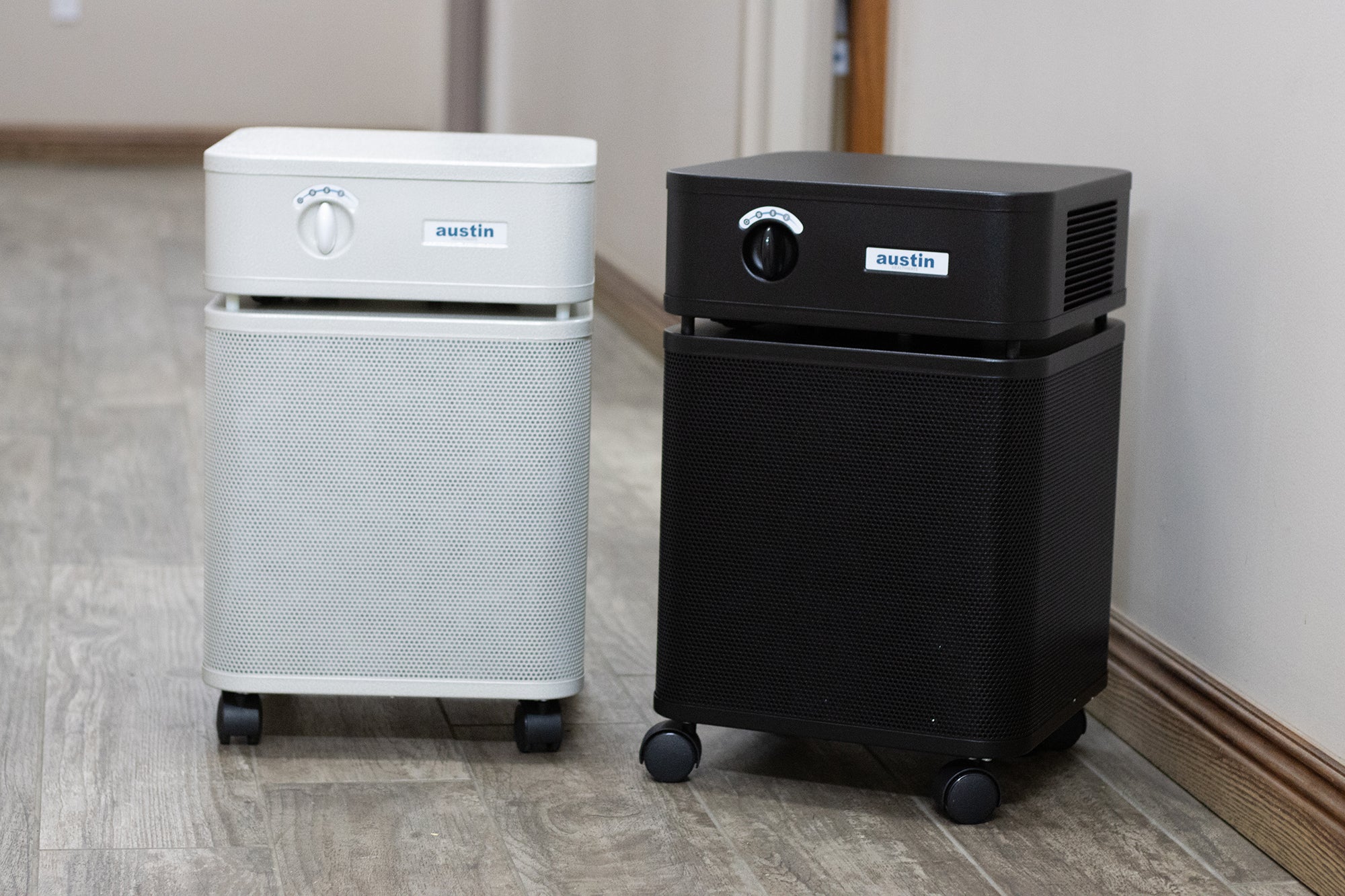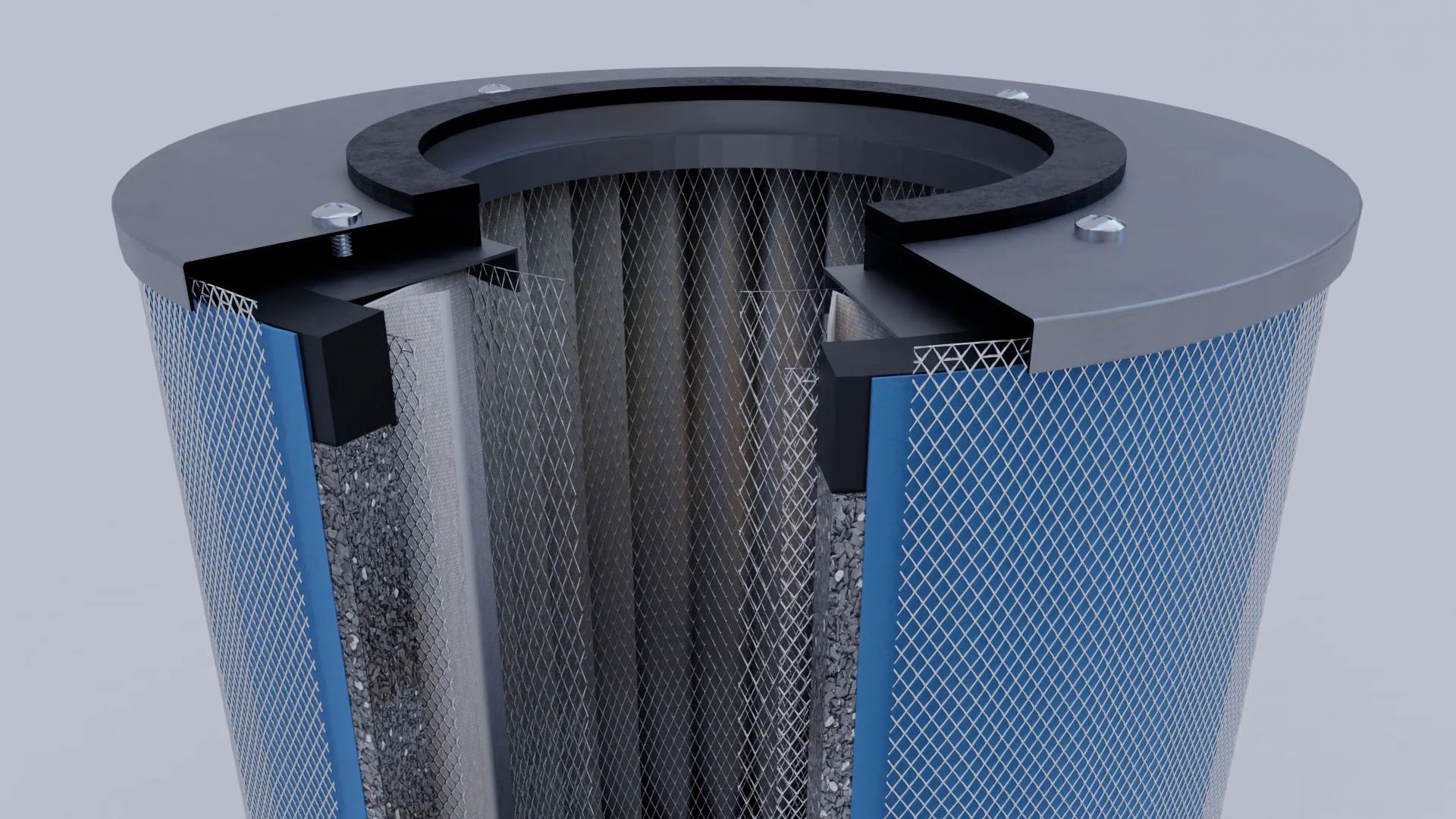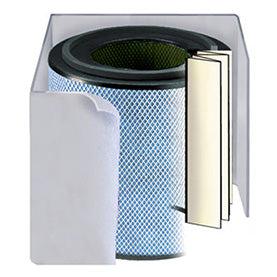Guide to Choosing a HEPA Air Purifier
To effectively select a HEPA air purifier, it's crucial to understand the types of indoor air pollutants it targets: particulate, gaseous, and biological. HEPA (High Efficiency Particulate Air) filtration systems are specifically designed to eliminate minuscule particles from the air. These particles encompass various forms, including solids, liquids (such as mists), organic and inorganic compounds, and living organisms.
The effectiveness of HEPA filtration extends to a wide array of pollutants, ranging from large biological contaminants like pollens and pet dander to minute allergens found in dust mite feces. Furthermore, HEPA filters can trap bacteria and viruses measuring 0.3 micrometers or larger.
Given this capability, integrating a HEPA air purifier into indoor spaces becomes essential for mitigating allergens and pollutants, whether to alleviate existing conditions or to prevent potential health issues.
Understanding HEPA Filtration Specifications
HEPA filtration specifications typically comprise two key numbers, denoting a high level of filtration for fine particles. The first number indicates filtration efficiency as a percentage, while the second signifies the size of particles retained. For HEPA filters, the filtration efficiency must reach 99.97%, capturing particles as small as 0.3 micrometers.
It's crucial to note the significance of the phrase "as small as," indicating that even particles of 0.3 micrometers would be captured at a rate of 99.97%. Conversely, "down to 0.3 micrometers" may not guarantee the same level of filtration efficiency.
The ability to filter out such fine particles holds paramount importance, as per the U.S. EPA, since these particles can penetrate deep into the lungs, potentially leading to severe health issues like aggravated asthma, respiratory infections, and even lung cancer.
HEPA Filter Certification Standards
The best HEPA filters adhere to rigorous standards, such as the European Norm 1822 (EN 1822), ensuring their filtration performance. Certified HEPA filters, also known as True or Absolute HEPA filters, undergo testing to validate their efficacy in capturing particles.
The EN 1822 certification involves a two-part examination. Initially, the test identifies the Most Penetrating Particle Size (MPPS) to establish the filter's efficiency against the most challenging particle size. Subsequently, the filter is subjected to particles of the MPPS to verify its capability to maintain 99.97% filtration efficiency under adverse conditions.
Furthermore, ensuring proper airflow through the filter system is crucial, as inadequate testing conditions may lead to subpar performance when the air purifier is operational. Proper sealing of the air purifier is also essential to prevent air leakage before filtration.
Beware of Misleading Claims
Misleading tactics are prevalent in the air purifier industry, with some manufacturers exploiting the term "HEPA" without providing adequate filtration efficiency or particle size information. Consumers must exercise caution and prioritize products backed by specific efficiency and particle size ratings.
While filtration efficiency is pivotal, factors like airflow rate also influence an air purifier's effectiveness. Evaluating Clean Air Delivery Rate (CADR), which combines airflow and filtration efficiency, provides a comprehensive understanding of an air purifier's performance.
In conclusion, selecting a HEPA air purifier involves meticulous attention to certification standards, filtration specifications, and overall performance metrics to ensure optimal indoor air quality and safeguard the health of occupants.


